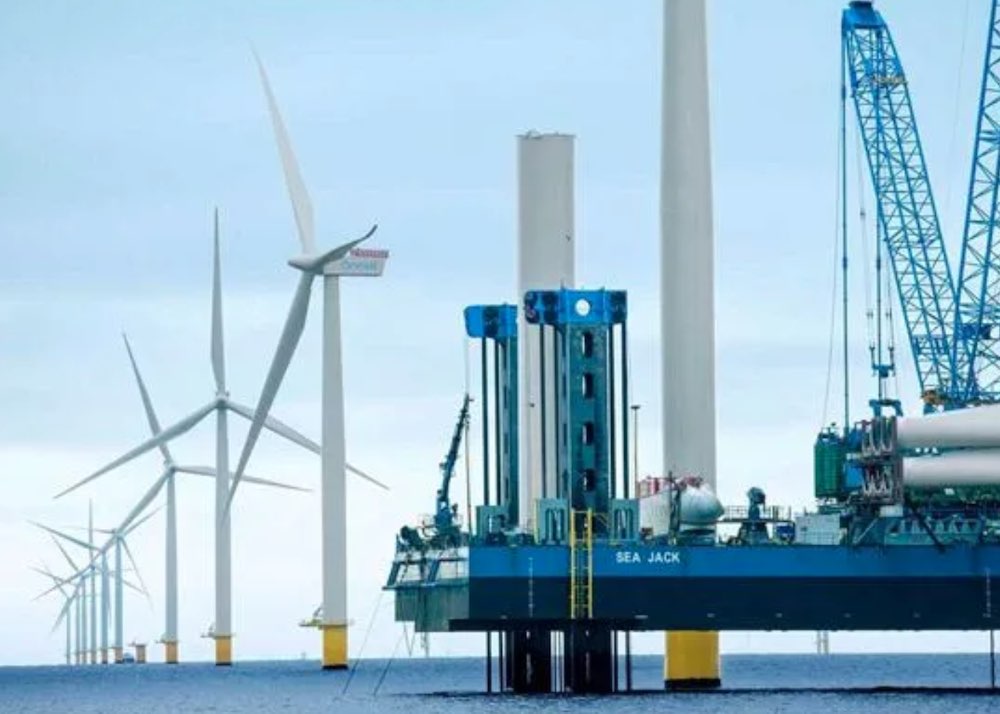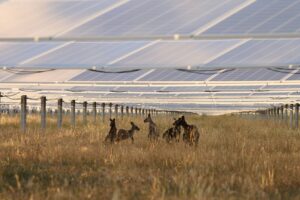Denmark’s Ørsted – the world’s biggest developer of offshore wind projects – has set “a clear expectation” for all its suppliers to use 100% renewable electricity by 2025, marking them as the first company in the world to do so.
In April 2020, Ørsted asked its main suppliers to disclose their own emissions and to set science-based carbon reduction targets, and to begin using 100% renewable electricity in the manufacturing of wind turbines, foundations, cables, substations, and components.
Ørsted is now expanding its supply chain decarbonisation programme to include all its 22,000 suppliers across component manufacturing, transportation, installation, and operation of renewable energy assets, requiring them all to begin using 100% renewable electricity.
“A sustainable future for our planet requires a rapid transition to renewable energy and limiting global warming to 1.5 °C,” said Mads Nipper, group president and CEO of Ørsted.
“That’s why the renewables industry must lead the pack by decarbonising its own supply chain. We’ve transformed Ørsted into a global leader in renewable energy and strongly believe that companies must demand science-aligned climate action from each other as well.”
“We recognise the efforts undertaken by all existing and new suppliers who share our ambitions and will commit to using 100 % renewable electricity. We look forward to working together to achieve this goal as soon as possible and to set a new gold standard for the renewable energy industry.”
Ørsted’s overarching goal is to become carbon-neutral in its own energy generation and operations by 2025, on track to achieving a carbon neutral footprint across the company, its supply chain, and energy trading by 2040.
Since implementing their goals back in 2020, Ørsted’s net-zero emissions goals have progressed steadily and the company has reduced its scope 1 and 2 emission intensity by 87% since 2006 and remains on track to achieve its science-based carbon neutral goal by 2025.
Further, since Ørsted implemented its supply chain decarbonisation programme for its strategic suppliers in 2020, a majority of suppliers have since already adopted 100% renewable electricity use, while an additional 15% of suppliers involved have committed to using renewable electricity exclusively by 2025.








